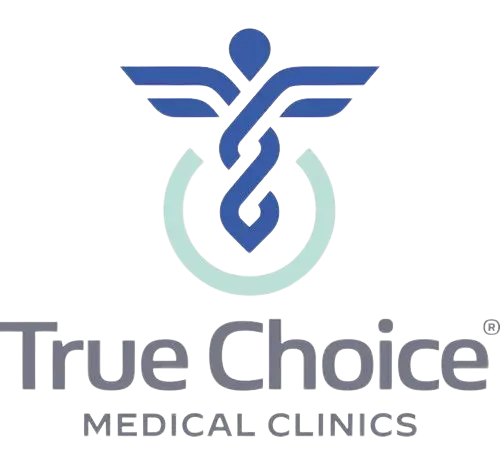Want to solve the mystery of fertility misconception?
Forty percent of women across all age groups expressed concerns about their ability to conceive. Yet one-third of women were unaware of adverse implications of sexually transmitted infections, obesity, or irregular menses for procreative success, and one-fifth were unaware of the effects of aging. Approximately 40% were unfamiliar with the ovulatory cycle. Overall, younger women (18–24 years) demonstrated less knowledge regarding conception, fertility, and ovulation, whereas older women tended to believe in common myths and misconceptions. Respondents in all age groups identified women’s health care providers (75%) and Web sites (40%) as top sources of reproductive health–related information; however, engagement with providers on specific factors affecting fertility is sparse.
M.M., a 42 year old patient with a history of 9 pregnancies, 5 births and 3 miscarriages came in for a pregnancy test and ultrasound. She had been breastfeeding for 18 months and had three menstrual cycles before her first missed period. During the assessment, when the nurse asked about contraception, the patient said that she and her spouse had been using natural family planning; the patient had been tracking her cervical mucus on an app. Because the app did not offer evidence-based education through face-to-face interaction with an expert, the patient assumed that the day after ovulation was safe to have intercourse. The nurse was able to educate the patient according to FEMM education guidelines. In addition, we would give the client instructions on how breastfeeding can affect the ovulation cycle which may have contributed to the unplanned pregnancy. Overall, the symptoms of her pregnancy were masked because of the breastfeeding; the patient said that her breasts were engorged and her nipples were tender. Ultimately, even though it was an unplanned pregnancy, the ultrasound was conclusive that it was a viable pregnancy and the patient was very happy. This situation reveals the importance of postpartum education on fertility management and the roles that hormones play in the ovulation cycle while breastfeeding.
At TCMC, we believe that offering robust, evidence-based education creates a fertility awareness and is vital in being a relevant voice in our patients’ journey. Our medical team are not considered “sexual health experts”. Instead, they are trained, equipped and knowledgeable experts in the area of family planning.
We understand that most women suffer from “body illiteracy” ; they don’t know what they don’t know! The overall mission of fertility education is to address the gaps of knowledge at every level so that women are awakened to know their bodies in any state of health because every woman deserves to be in control of their bodies. Furthermore, fertility education helps a woman understand the innate rhythms of her body instead of overriding them through alternative methods like oral contraceptives.
The benefit of fertility education goes beyond the woman; it serves their loved ones who are in as much need of fertility education as the woman. The responsibility of family planning does not just rest upon the woman, but equally shared with her partner which promotes respect and intimacy in relationships.
https://femmhealth.org/millennials-and-fertility-awareness-where-do-we-stand-and-where-do-we-go/





